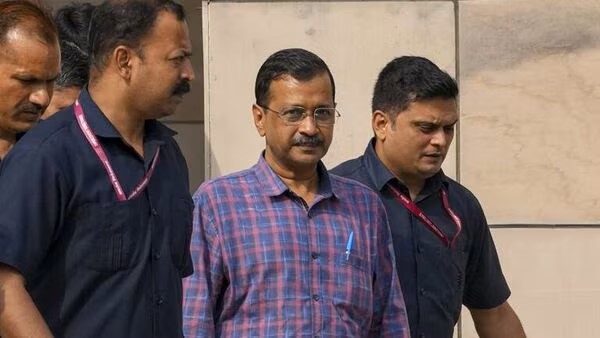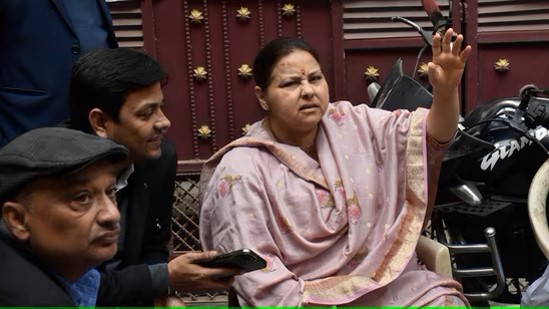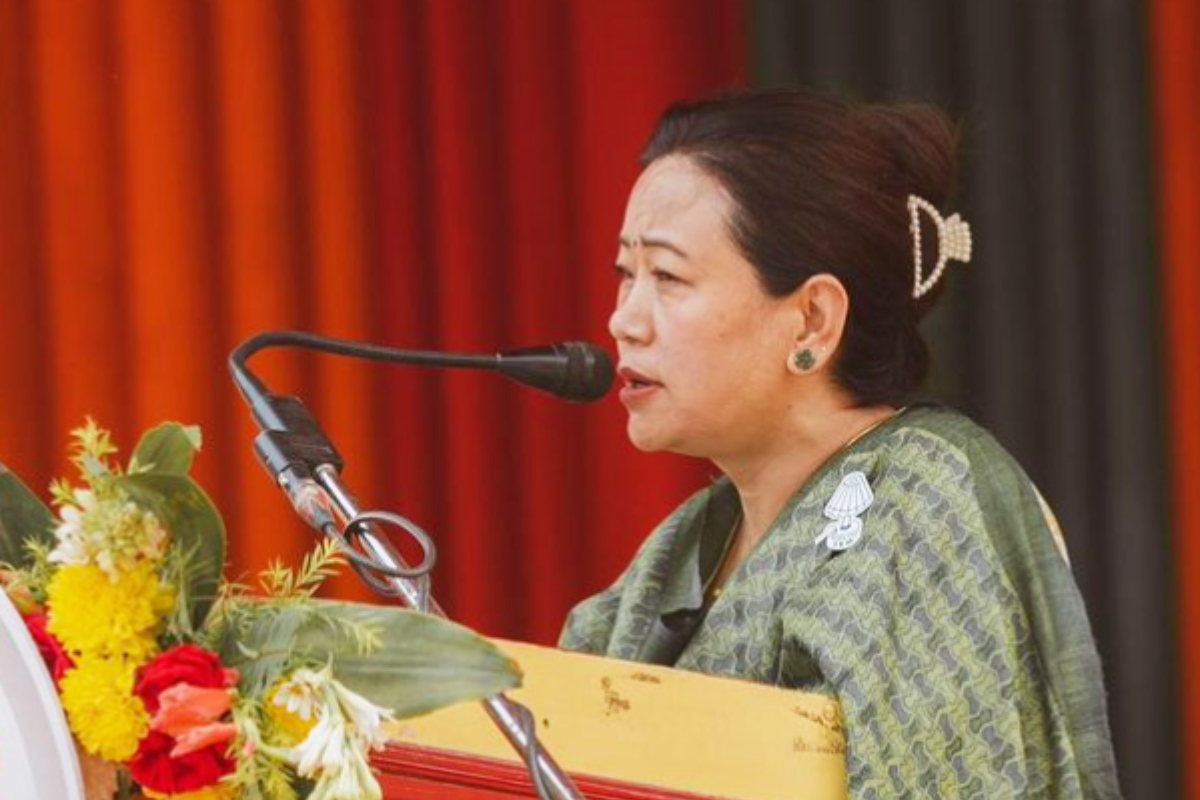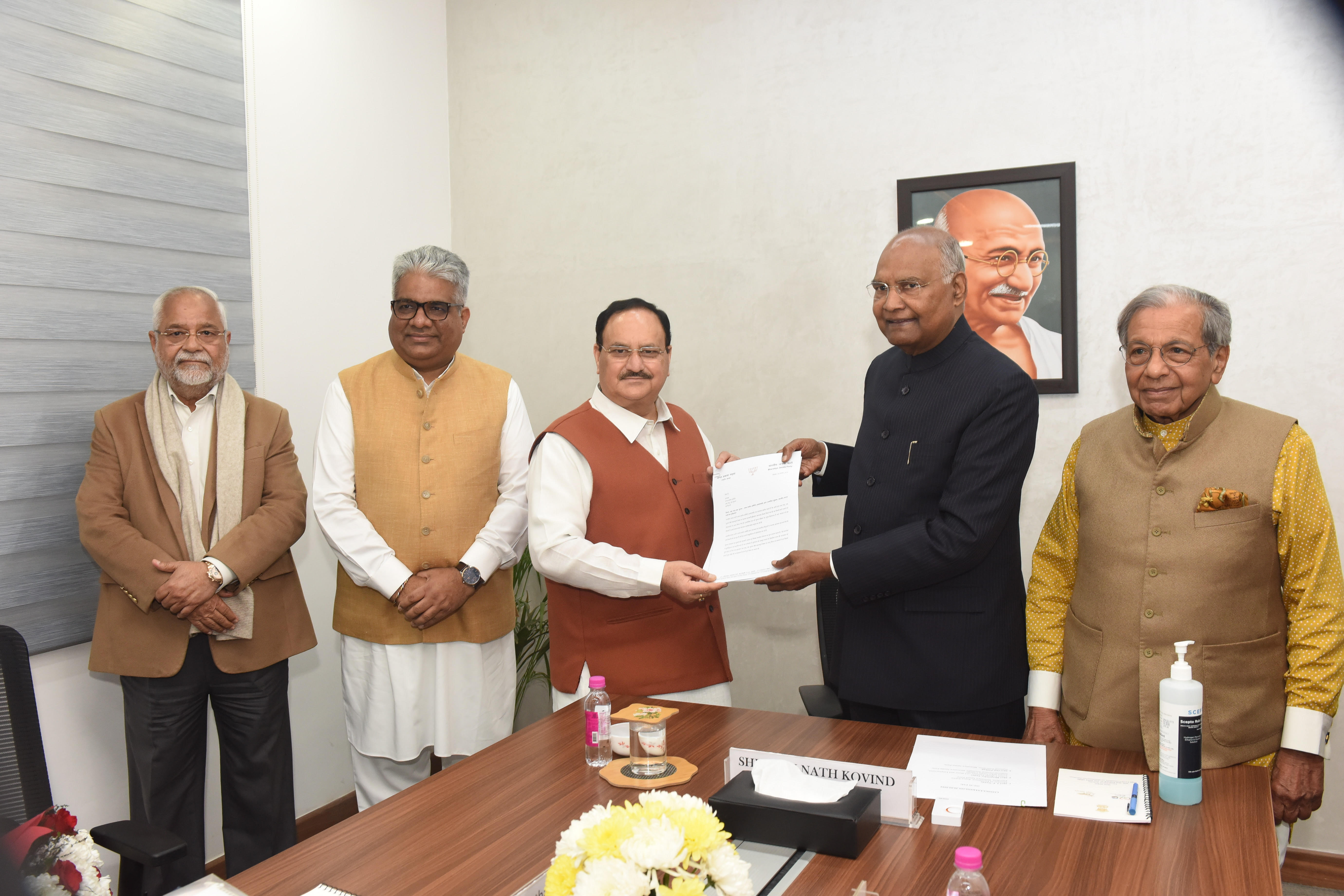The Enforcement Directorate (ED) told the Supreme Court on April 25 that arresting politicians who are “criminals” does not hinder free and fair elections. This statement comes amidst accusations regarding the intent and timing of the arrest of Delhi Chief Minister Arvind Kejriwal ahead of the Lok Sabha election.
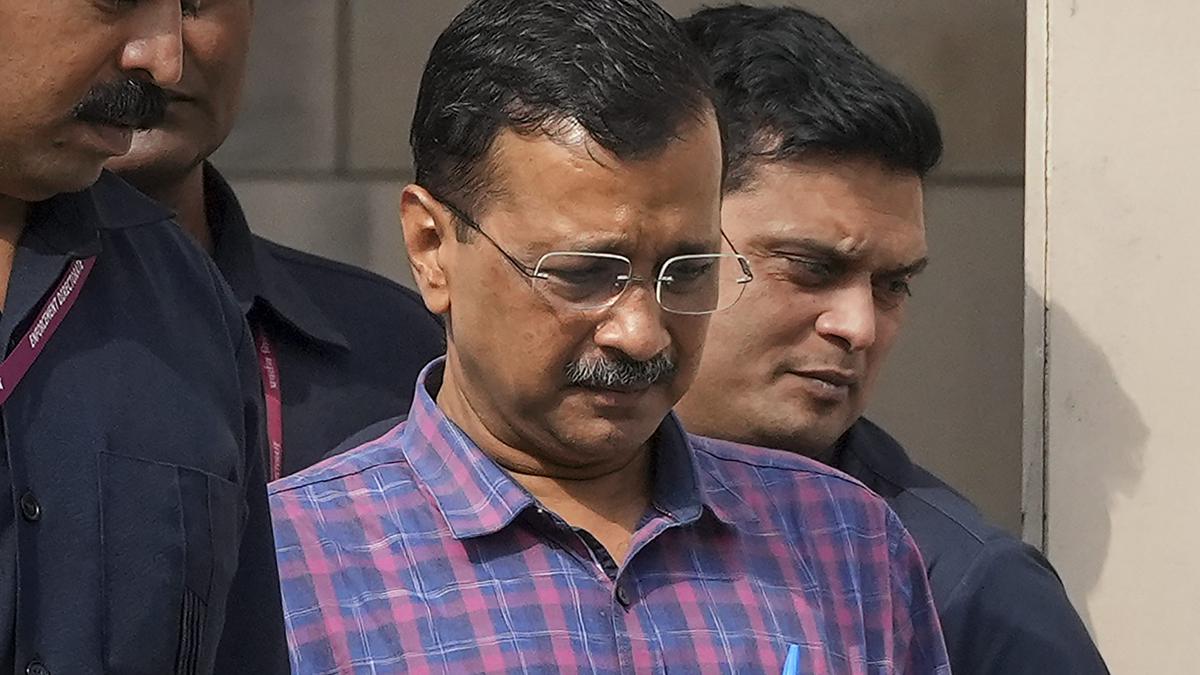 The Aam Aadmi Party (AAP) and other opposition parties have accused the ED of acting as a “political wing of the [ruling] BJP” and claimed that the real motive behind Mr Kejriwal’s arrest on March 21 was to prevent him from campaigning during the general election.
The Aam Aadmi Party (AAP) and other opposition parties have accused the ED of acting as a “political wing of the [ruling] BJP” and claimed that the real motive behind Mr Kejriwal’s arrest on March 21 was to prevent him from campaigning during the general election.
The ED stated in an 87-page affidavit that politicians who have committed crimes cannot be granted immunity from arrest simply because they are campaigning for elections. Such differential treatment would violate Article 14 of the Constitution, which enshrines the principle of equality.
The agency claimed Mr Kejriwal’s arrest was based on material evidence suggesting he was guilty of money laundering. They emphasized that treating a politician differently from an ordinary criminal in terms of arrest would violate the rule of law and the basic structure of the Constitution.
The ED also stated that Mr. Kejriwal did not cooperate during the investigation, as he avoided the investigation and disobeyed nine summons. They said his non-cooperative behavior and evasive answers during interrogation justified his arrest.
Although Mr. Kejriwal challenged the initial remand order, he did not contest subsequent orders extending his custody, according to the ED.
In response, the AAP criticized the ED’s affidavit, arguing it proved the agency had become a “machine for telling lies” and lacked any substantial evidence against Mr. Kejriwal. The party stated that there was no money trail linked to him and accused the BJP of being “gripped by fear” after the first phase of Lok Sabha elections.

